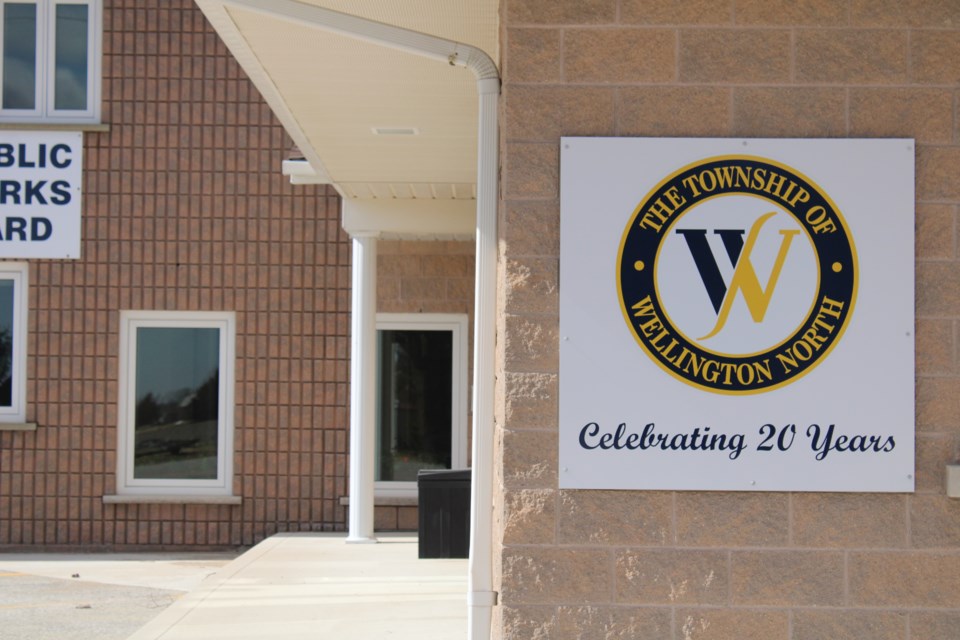WELLINGTON NORTH — Council is taking steps to counteract some of the damage caused by heavy trucks moving fill through the township.
Deferring the approval of a new site alteration and fill bylaw at a Wellington North council meeting Monday evening, staff said the bylaw was inspired by recent fill operations in the township causing an "influx of heavy trucks" causing "excessive wear" on municipal roads, culverts and bridges, shortening the overall life expectancy of the infrastructure.
"Establishing unit fees that are applied to the volume of material being imported will assist in providing protection to our municipal assets including penalties for non-compliance," said staff in the report.
Under the new bylaw, a medium site alteration and fill bylaw permit will be required if site alteration or cumulative fill volume over two years exceeds 200 truckloads or changes the land grade from two metres less or above the existing grade.
A major site alteration permit would be required for projects with a cumulative fill volume exceeding 1,000 truckloads, with a grade change of three metres less or above the existing grade and/or the proposed site alteration area is greater than one hectare.
Fees collected through the bylaw will go into a Roads Reserve Account for infrastructure upgrades "to support and rectify the damage caused by excess heavy trucks associated with the site alteration and fill activities."
The township's engineers, Triton Engineering Services Limited will help with implementation and monitoring since the township does not have sufficient staff to fully implement the bylaw.
"I think working with Triton first is helpful because then we'll understand how the process works and if we need to make any tweaks," said CAO Brooke Lambert during the meeting. "If we can find opportunities for efficiencies with other municipalities down the road, that's always an option."
While in agreement with the bylaw, Coun. Lisa Hern said a fair bit of the bylaw was unclear to her and she's concerned about how the site alteration restrictions might impact local farm's tilling and cropping operations.
Mayor Andy Lennox shared similar concerns, asking how the bylaw will interact with projects like the brownfield rehabilitation on the corner of Highway 6 and Wellington Road 109 in Arthur.
"There's been significant fill movement in and out of that site on more than one occasion and I don't want to create a regulatory burden in addition to the burden they're already having to discourage that brownfield rehabilitation, so I'm just trying to understand how that can be dealt with," said Lennox.
Lambert said that specific situation is not addressed under the draft bylaw and staff will address both Hern's and Lennox's comments in the update.
Staff will bring back the updated draft bylaw for approval with expanded exemptions for normal farm practices and brownfield rehabilitation at a future date.
Isabel Buckmaster is the Local Journalism Initiative reporter for GuelphToday. LJI is a federally-funded program.



